11, April 2018
CPDM gov’t threatens to close churches 0
Rwanda has closed thousands of churches in recent months, for alleged ‘noise pollution’ and non-compliance of building regulations. Now another predominantly Christian country is considering following suit.
World Watch Monitor reports, Cameroon has previously enacted similar measures – like the order to close dozens of “noisy” churches in 2013.
The government said it was mainly targeting unofficial Pentecostal churches, engaged in ‘indecent’ practices. The latest call to close some Pentecostal churches follows reports of gross misconduct by Cameroon pastors.
Phil Clark from the University of London said Pentecostalism is growing in Rwanda – and church closures there are much more politically influenced than the government says. He said it signals that they’re under observation.
Source: Vision Christian Radio
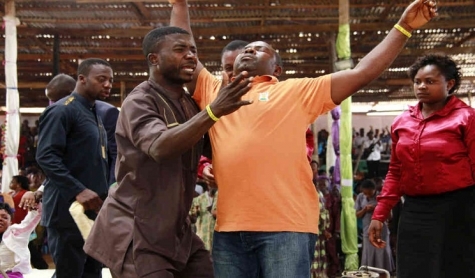




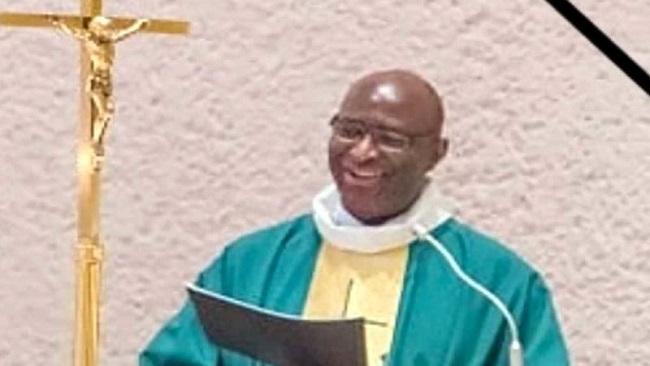
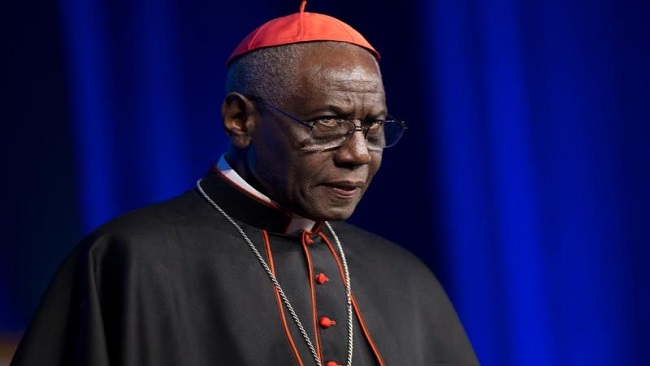



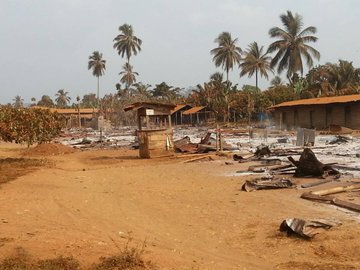
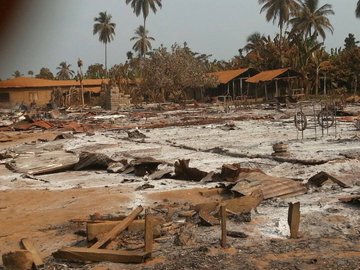
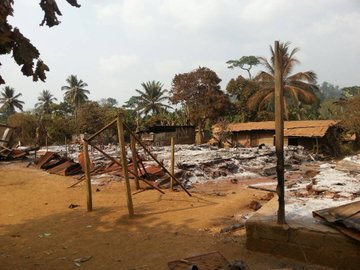
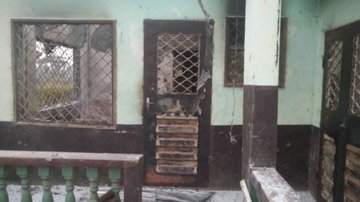

















22, April 2018
Pope Francis to new priests: Be like Jesus the Good Shepherd 0
On Sunday, Pope Francis ordained 16 men to the priesthood, reminding them to be like Jesus the Good Shepherd in the way they serve the members of their spiritual flock and minister to those who are lost and searching for God.
“Always have before your eyes the example of the Good Shepherd, who did not come to be served, but to serve and to seek and save what was lost,” the pope said in a homily before the ordination of 16 priests during a Mass in St. Peter’s Basilica April 22.
“Conscious of having been chosen among men and elected in their favor to attend to the things of God, exercise in gladness and sincere charity the priestly work of Christ,” he continued, “solely intent on pleasing God and not yourselves or human beings, [or] other interests.”
The priestly ordination coincided with “Good Shepherd Sunday” and the 55th World Day of Prayer for Vocations.
The new priests, who have been studying for the priesthood at different seminaries in the diocese of Rome, come from countries around the world, including Madagascar, Vietnam, Myanmar, Colombia, and El Salvador.
As in the past, for his homily Francis used the “ritual homily” from the Italian edition of the “Pontificale Romano,” the Catholic liturgical book containing rites performed by bishops, including the ordination of priests, adding a few of his own thoughts to the text.
Reflecting on the Sacrament of Penance in particular, Francis urged the men about to be ordained to “not get tired of being merciful. Think of your sins, your miseries that Jesus forgives. Be merciful.”
It is “through your ministry the spiritual sacrifice of the faithful is made perfect,” he noted, “because it is joined to the sacrifice of Christ, which for your hands, in the name of the whole Church, is offered bloodlessly on the altar in the celebration of the Holy Mysteries.”
He pointed out to the 16 men that in their priestly ministries they will be participants “in the mission of Christ, the only Master,” and advised them to read and meditate tirelessly on the Word of God “to teach what you have learned in faith, to live what you have taught.”
“[May] your teaching, joy and support to the faithful of Christ be the fragrance of your life,” he continued, “that with word and example you can build the House of God which is the Church.”
Following Mass, Pope Francis led pilgrims in St. Peter’s Square in praying the Regina Coeli, the traditional prayer for Easter.
Francis reflected briefly on the day’s Gospel, where Jesus says: “I am the good shepherd. The good shepherd gives his life for the sheep,” stating that the words of Jesus in this passage cannot be reduced to an emotional suggestion.
Noting that Jesus also says, “I am the good shepherd, I know my sheep and my sheep know me,” the pope said shows us that Jesus desires a personal relationship with each person, one which reflects “the same intimate relationship of love between Him and the Father.”
“He is attentive to each of us, knows our heart deeply: He knows our strengths and our faults, the projects we have achieved and the hopes that have been disappointed. But he accepts us as we are, he leads us with love,” he said, and in turn, “we are called to know Jesus.”
Culled from Crux